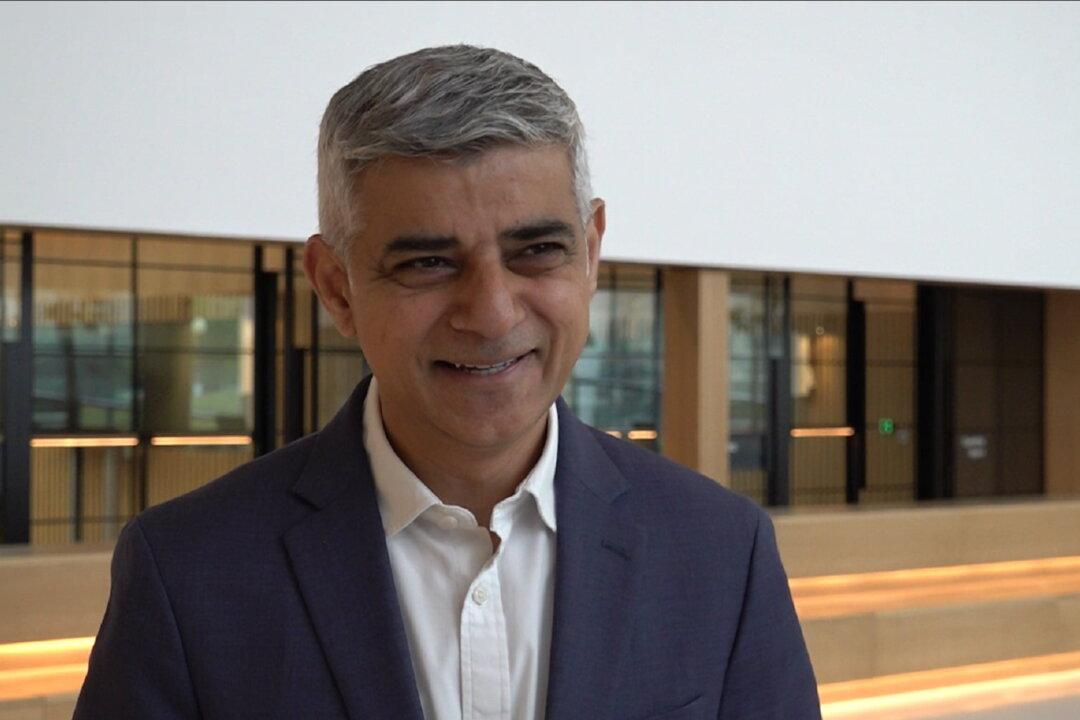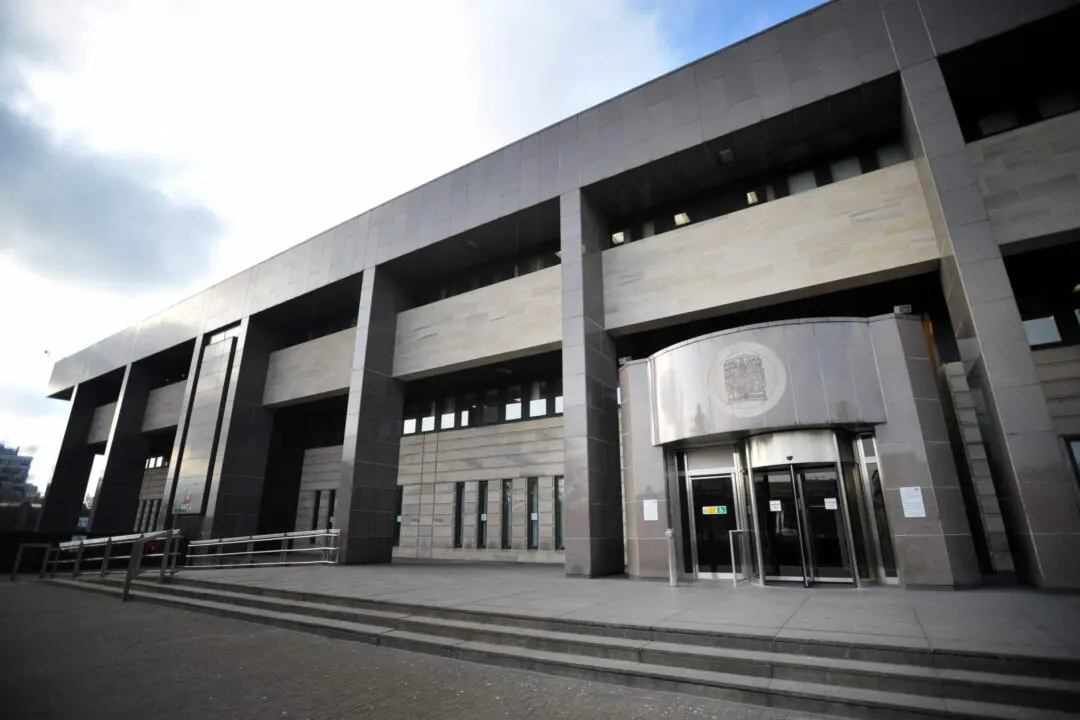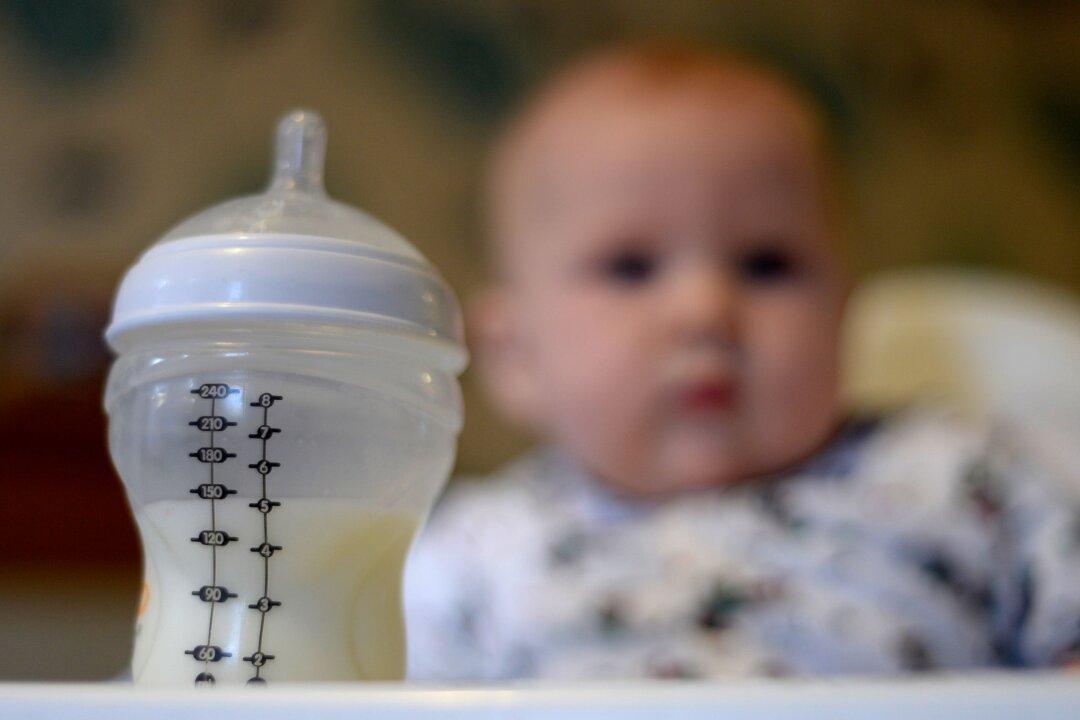London Mayor Sadiq Khan has said he is waging “war on poisonous air” as he bids to extend the Ultra Low Emission Zone (Ulez) across London.
Khan is proposing to extend the scheme’s boundary from the North and South Circular Roads to the whole of Greater London from August 29 next year, and a consultation on the plans has been launched.




